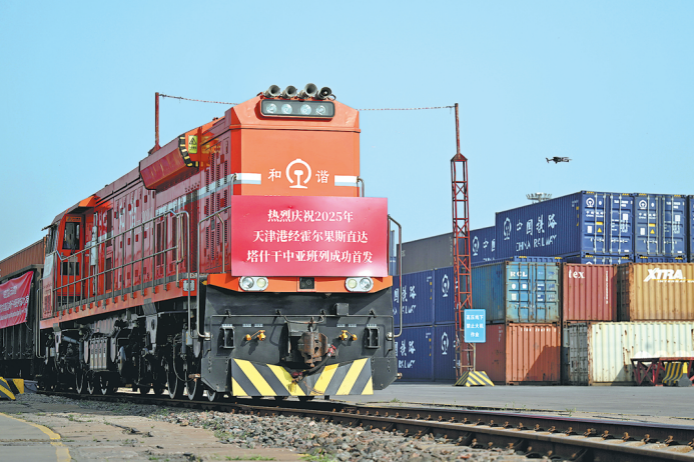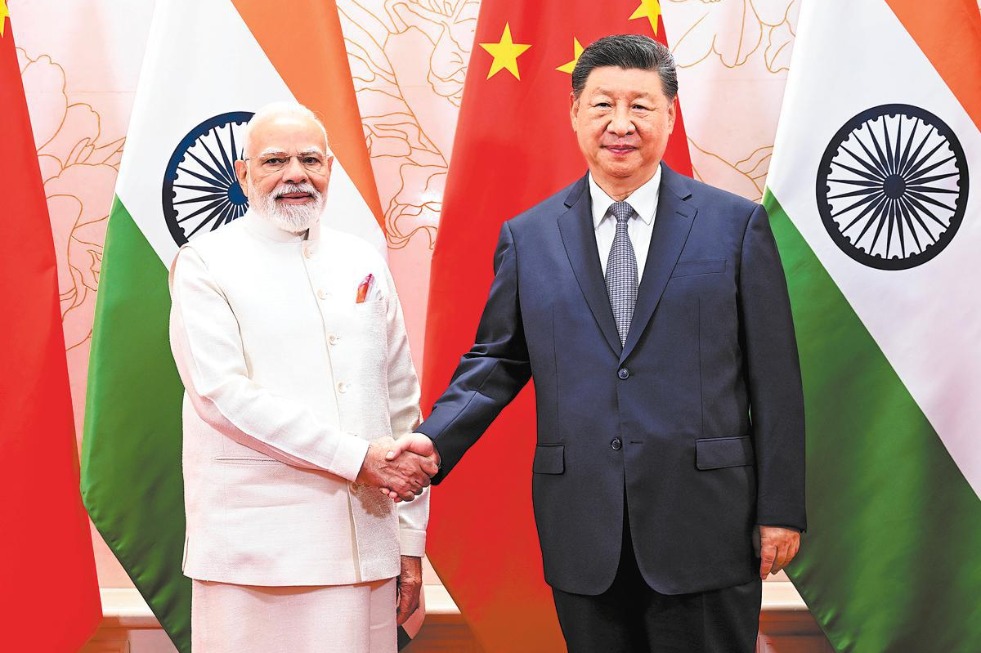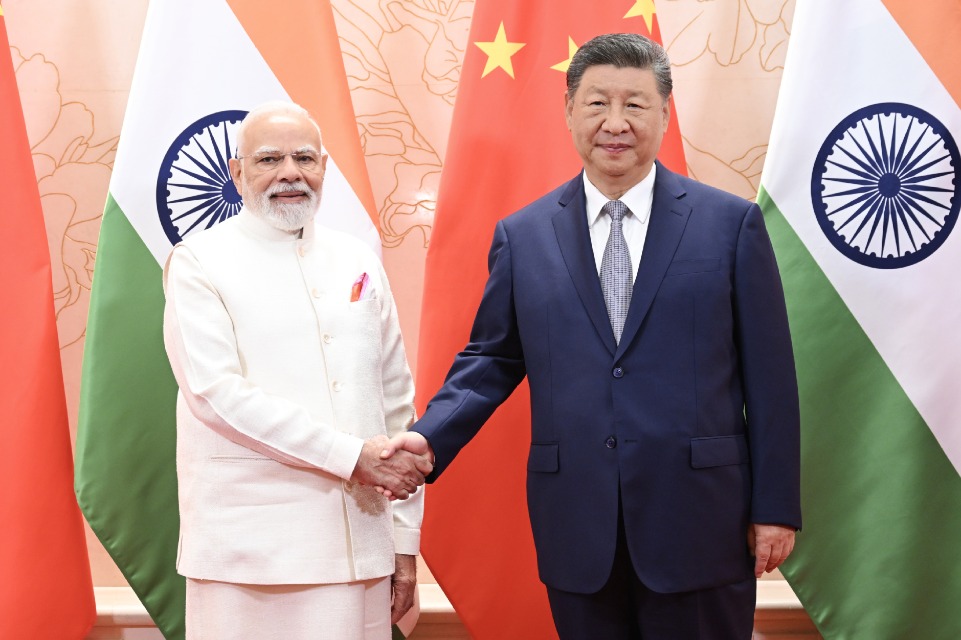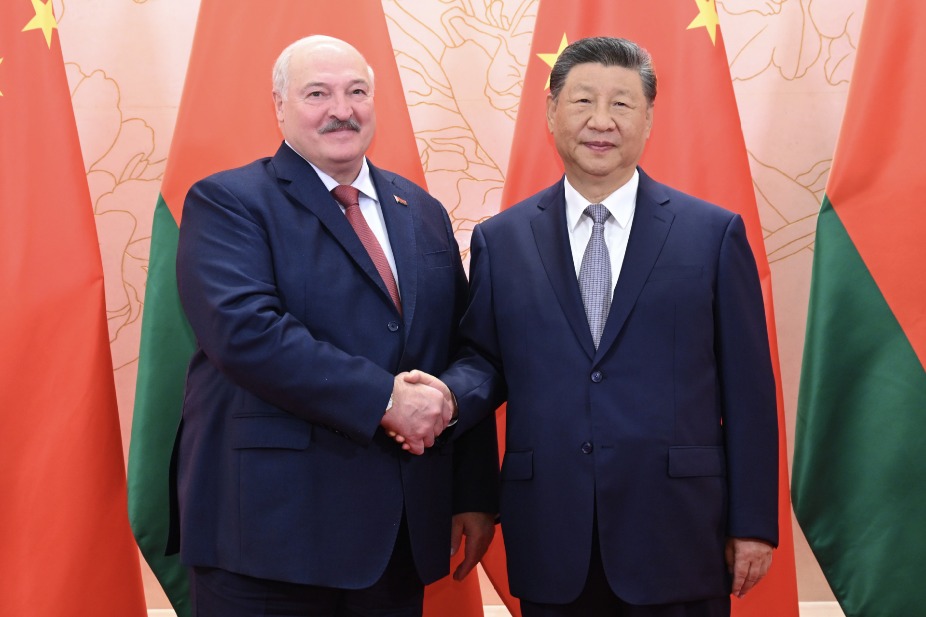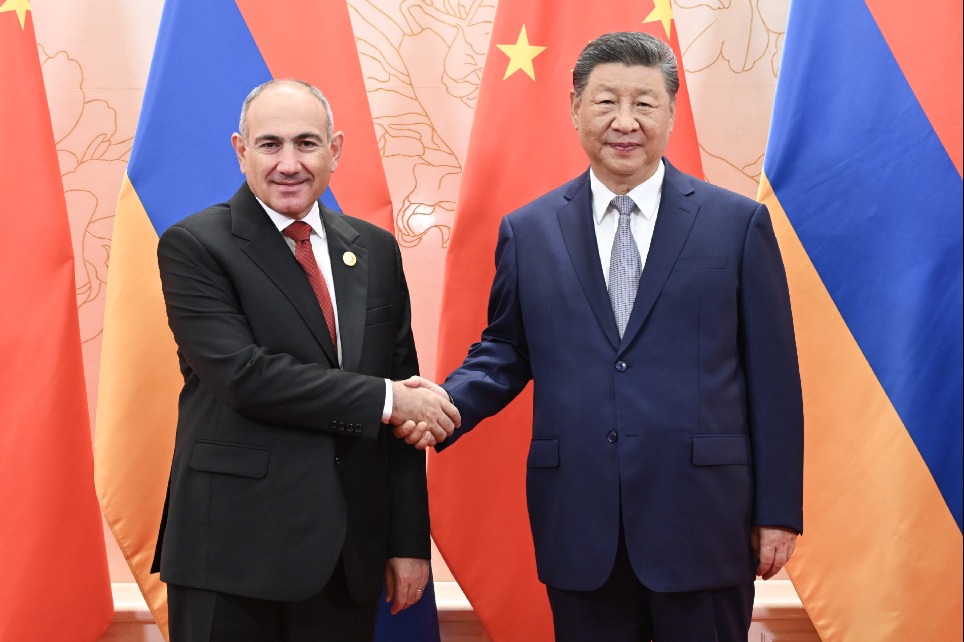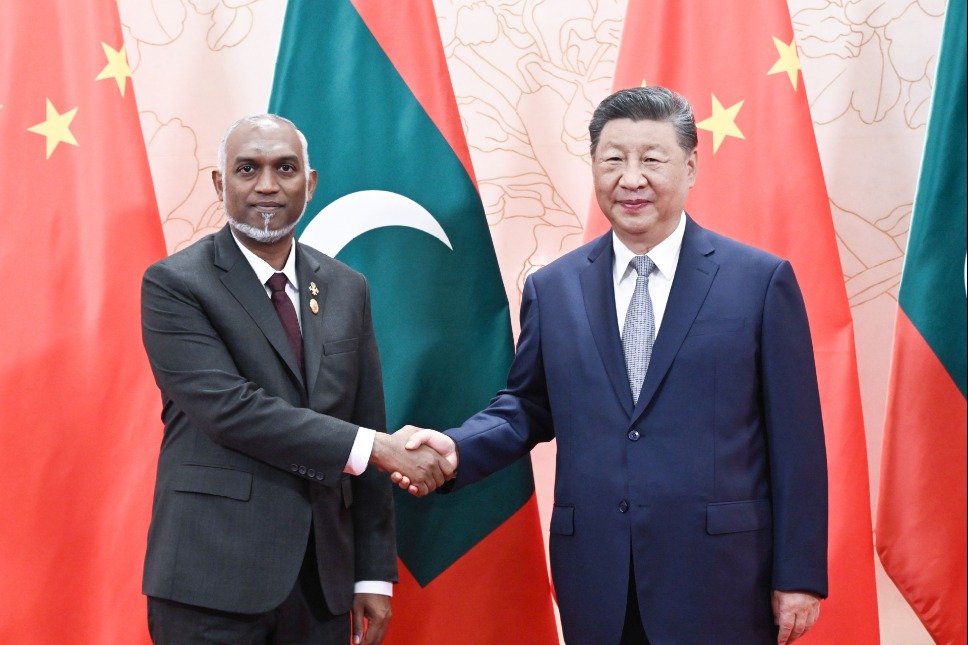Scheme of Control is about more than just power tariffs

Two weeks ago the government announced that it had reached an agreement on a new Scheme of Control (SoC) with the two local power companies. The new SoC will govern the development of the local electricity market for the next 15 years. Needless to say, this is an important event. Many commentators only focused on power tariffs when they commented on the new arrangement. But the new SoC goes far beyond the price of electricity. It has actually established a framework for future development of Hong Kong's electricity market.
The two power companies have earned handsome profits year after year. Yet they are entitled to tariff increases annually as long as their profits fall below the agreed levels. This has attracted frequent criticism from the public. It is a long-standing issue, as the old SoC has been in place for decades. In the old days, when Hong Kong was developing its light industries, a stable electricity supply was needed. Amid the uncertainty surrounding the political developments in the 1980s, the SoC gave the two power companies the needed comfort to carry out long-term investments. Under the SoC arrangement, the permitted rate of investment return for the two utilities in the 1980s was 13.5 percent, which has been reduced to 9.9 percent currently; the new SoC further reduces the rate to 8 percent, which is much lower than the old rates. Of course, times have changed and the situations we face now differ significantly from a few decades ago. Yet the SoC has been in place for so long. Any major change will definitely trigger a series of unintended ripple effects. From this angle, the SoC should be handled with care.

To many commentators, the central point of argument is still on power tariffs. Of course, we can always argue that a lower permitted rate of investment return will favor the customers. However, we must be mindful that it is not just the electricity price that matters. If we take things to the extreme, we can lower the prices of electricity if we agree to sacrifice the reliability of power supply. Though it is technically feasible to lower the cost by reducing reliability, survey results have clearly pointed out that the society prefers not to have a reduction in prices if reliability is compromised. Also, with rising standards on environment protection requirements, the cost of electricity generation will definitely keep going up. Simple economics tells us we cannot have all the things we want. We need to consider the benefits of all stakeholders. We can say that there can be further reduction on the permitted rate of return. But we cannot over-emphasize the price factor alone and forget other issues. This is the key point in setting the rate of return but it has always received little attention.
There are some other SoC issues we should look at. In the new SoC the two power companies agree to the concept of feed-in tariffs for renewable energy generators. In simple words, households that generate electricity from renewable sources can sell their electricity to the two companies at pre-determined prices. This will give local households incentives to invest in renewable energy devices. Again, some critics of the SoC fixated on how much customers could obtain from the two power companies through feed-in tariffs. The significance of this arrangement is not about the price. It is a policy that favors the adoption of renewable energy. From overseas experience, feed-in tariffs will be set at high levels initially and be reduced later on. To household suppliers of renewable energy the actual benefits may not be great. The key point is to provide policy support for renewable energy. Once you have the breakthrough now, other policies favoring renewable energy will come in place more readily. Also, overseas experience tells us that an industry in renewable energy will emerge once you have groundbreaking policy support. For example, instead of having individuals making investments in renewable energy generating devices, companies in the renewable energy sector will do the investment for individuals and negotiate deals to share feed-in tariffs. This will have substantial impact on the future development of Hong Kong's electricity market.
When we look at all the issues, one can see there are many considerations in the SoC negotiation. Indeed, the SoC is more than an agreement on tariff control. It has many provisions for future development of Hong Kong's electricity market.
(HK Edition 05/11/2017 page8)
Today's Top News
- 'Shanghai Spirit' should be advanced with new vitality
- Xi, leaders engage in high-level talks
- Xi cements neighborly bonds with SCO friends
- Kyrgyzstan, China deepening strategic partnership in a new era
- Partnership seen as key to Sino-Indian relations
- Xi: SCO plays growing role in safeguarding peace
















